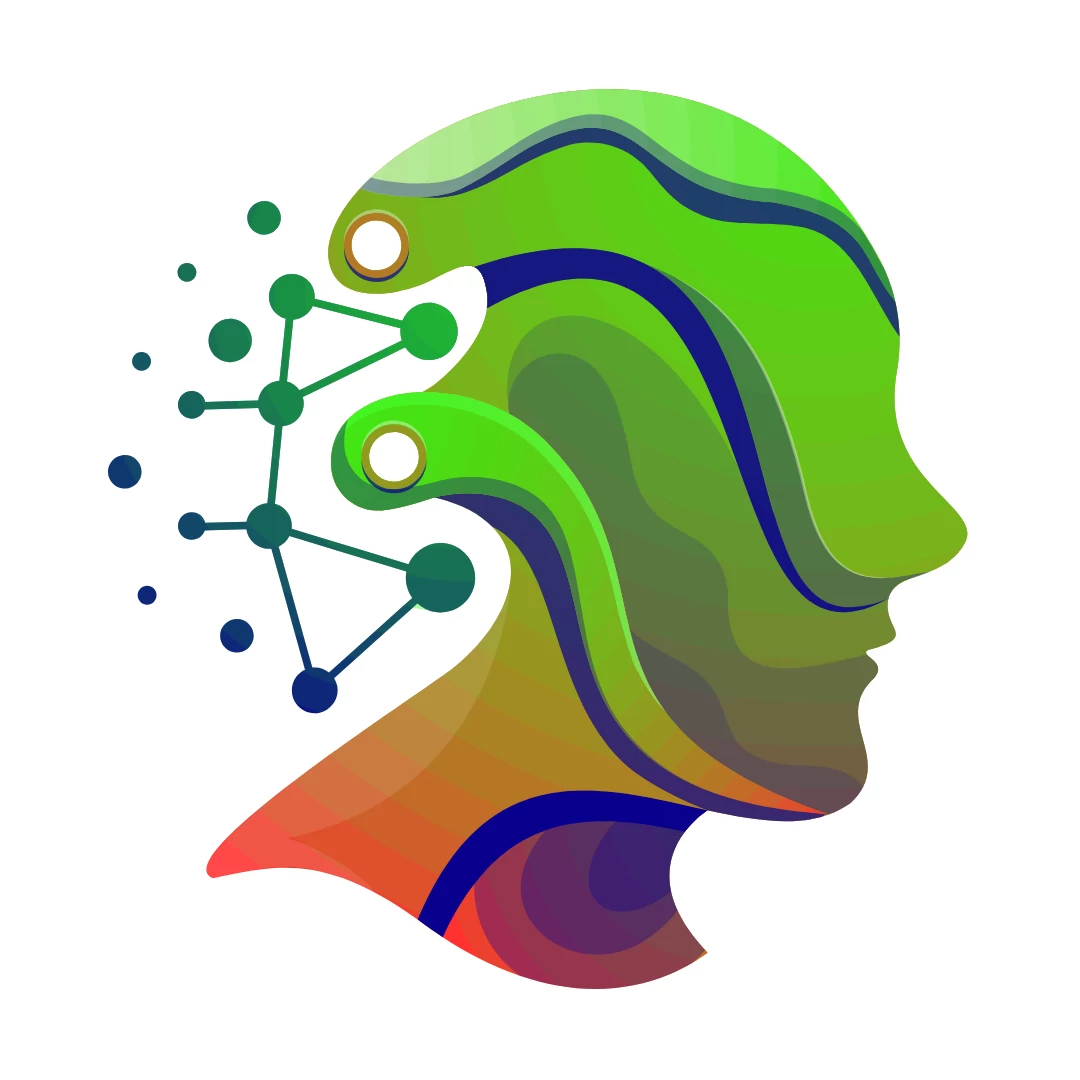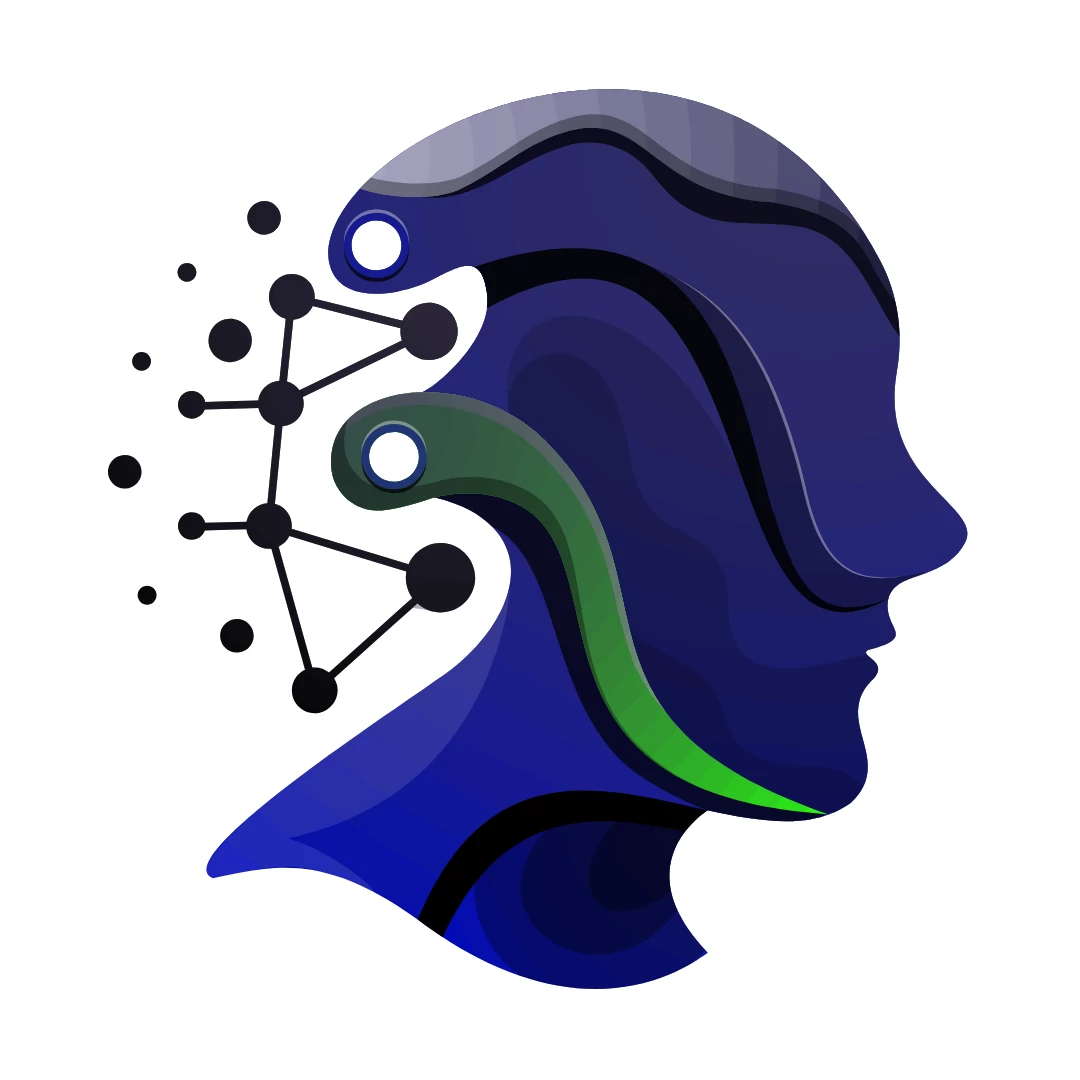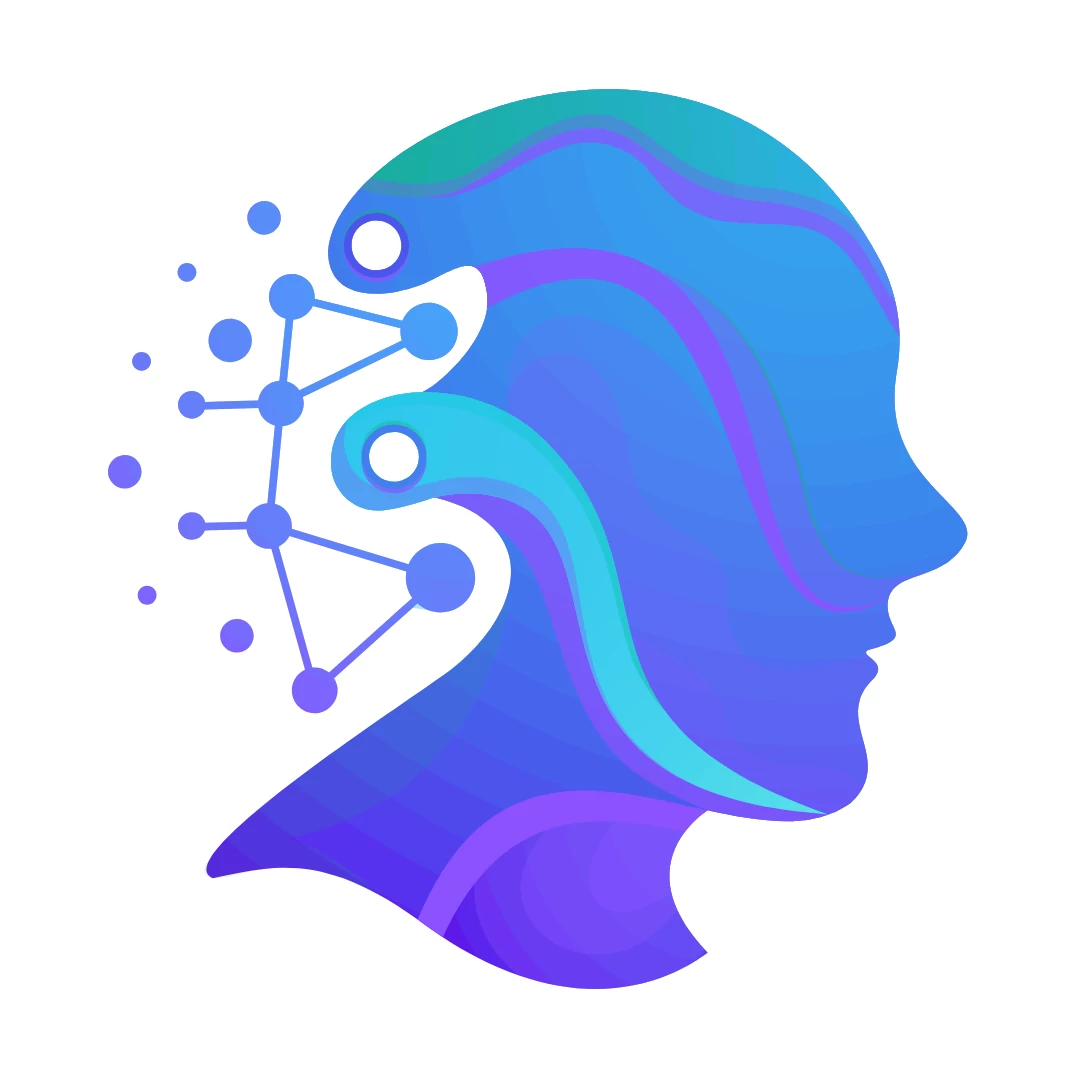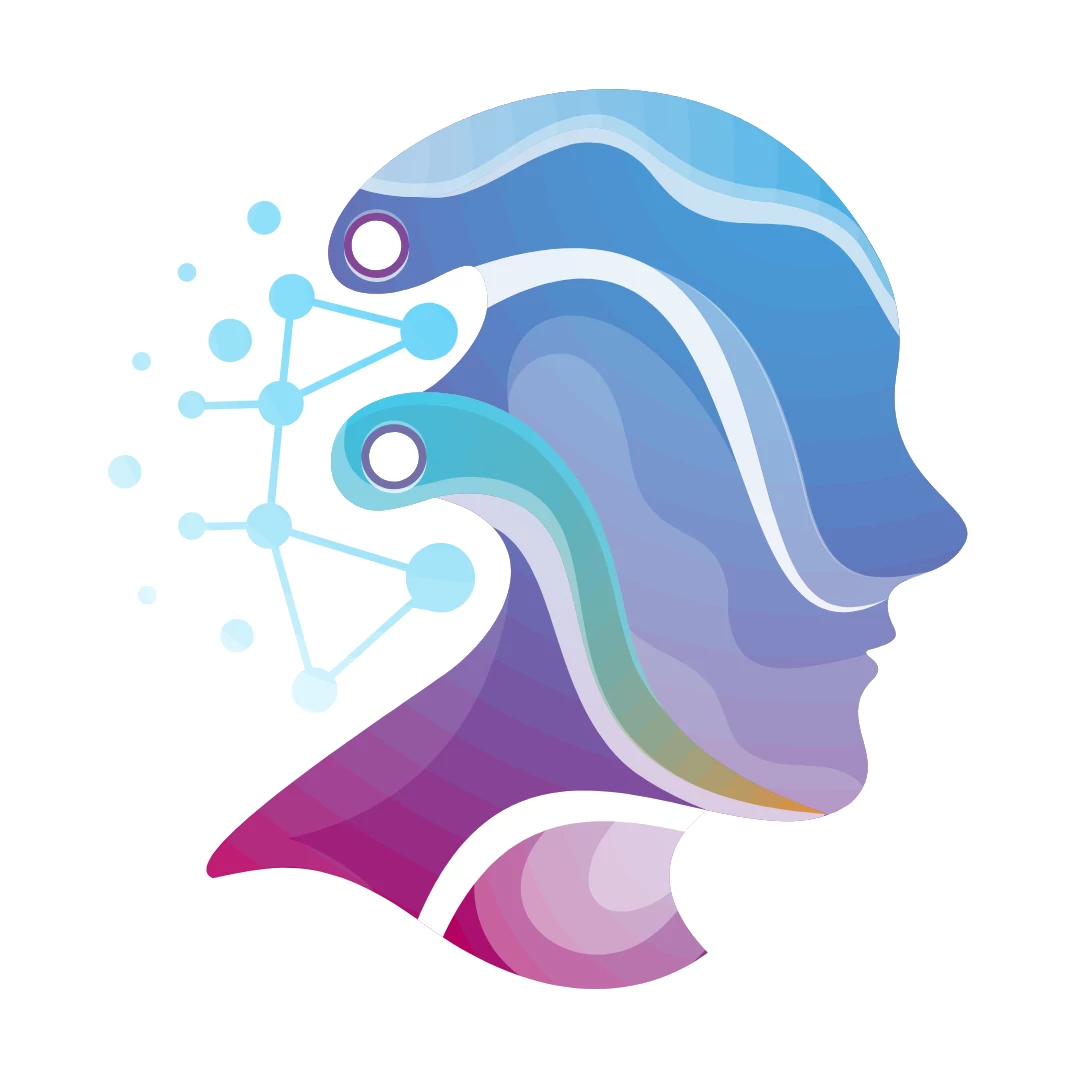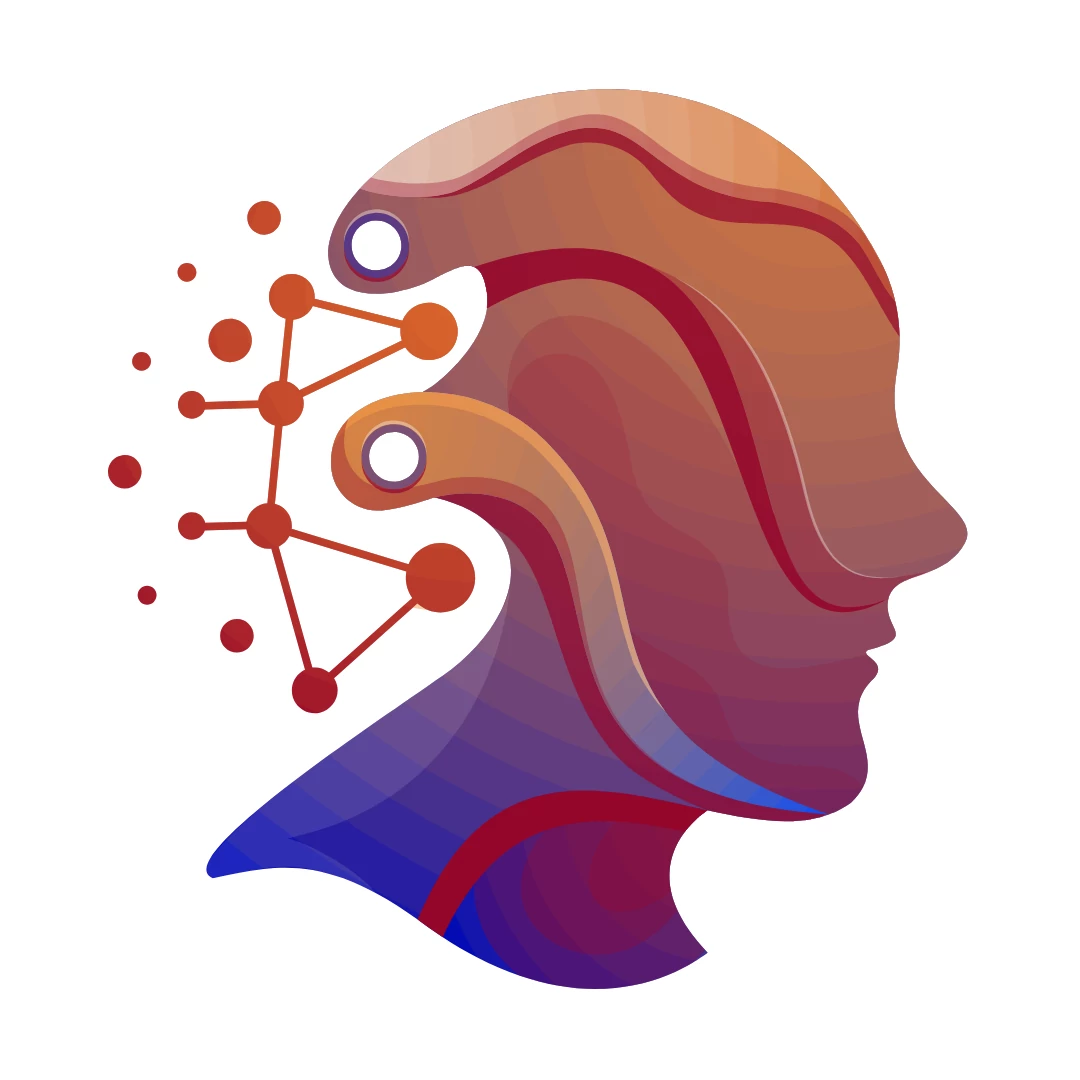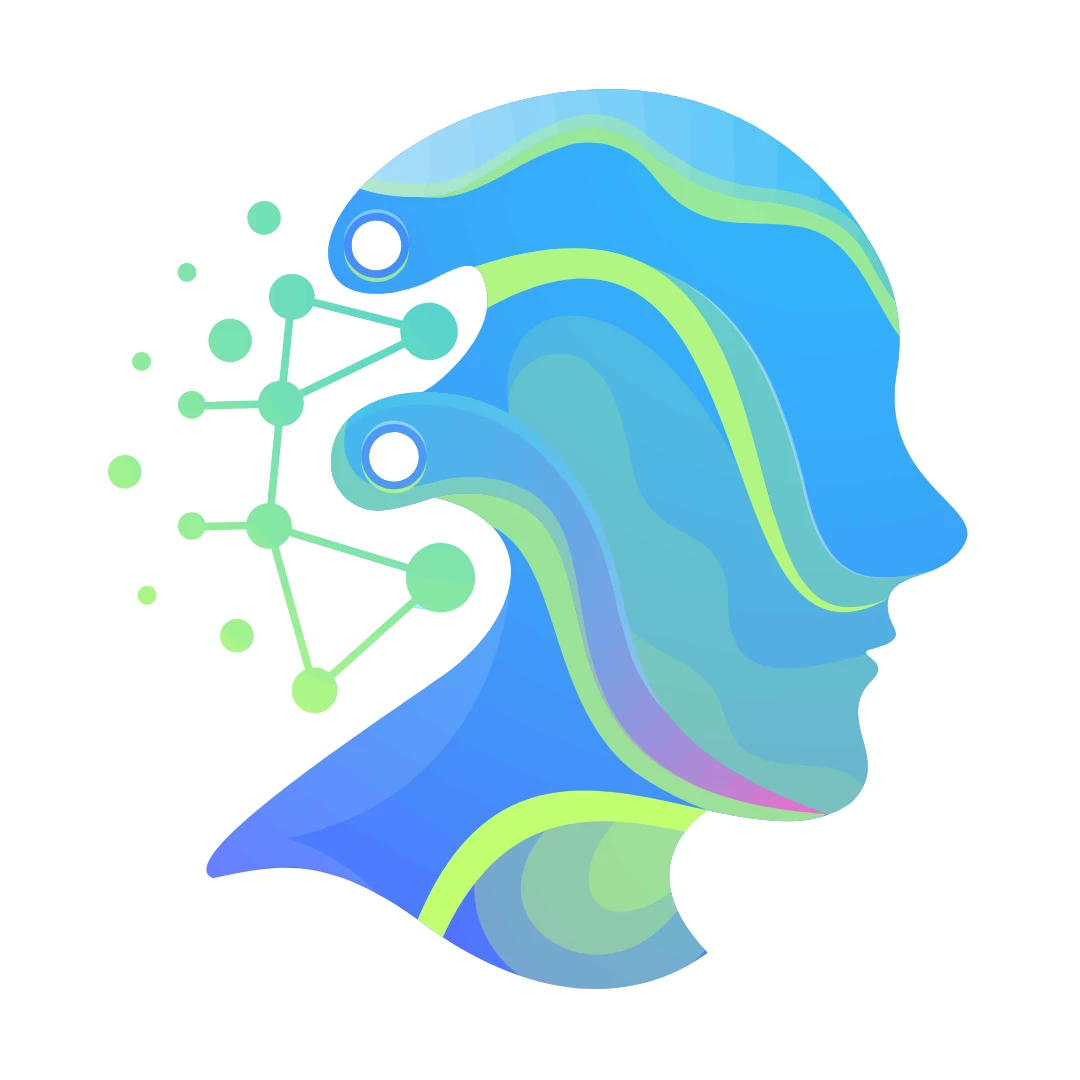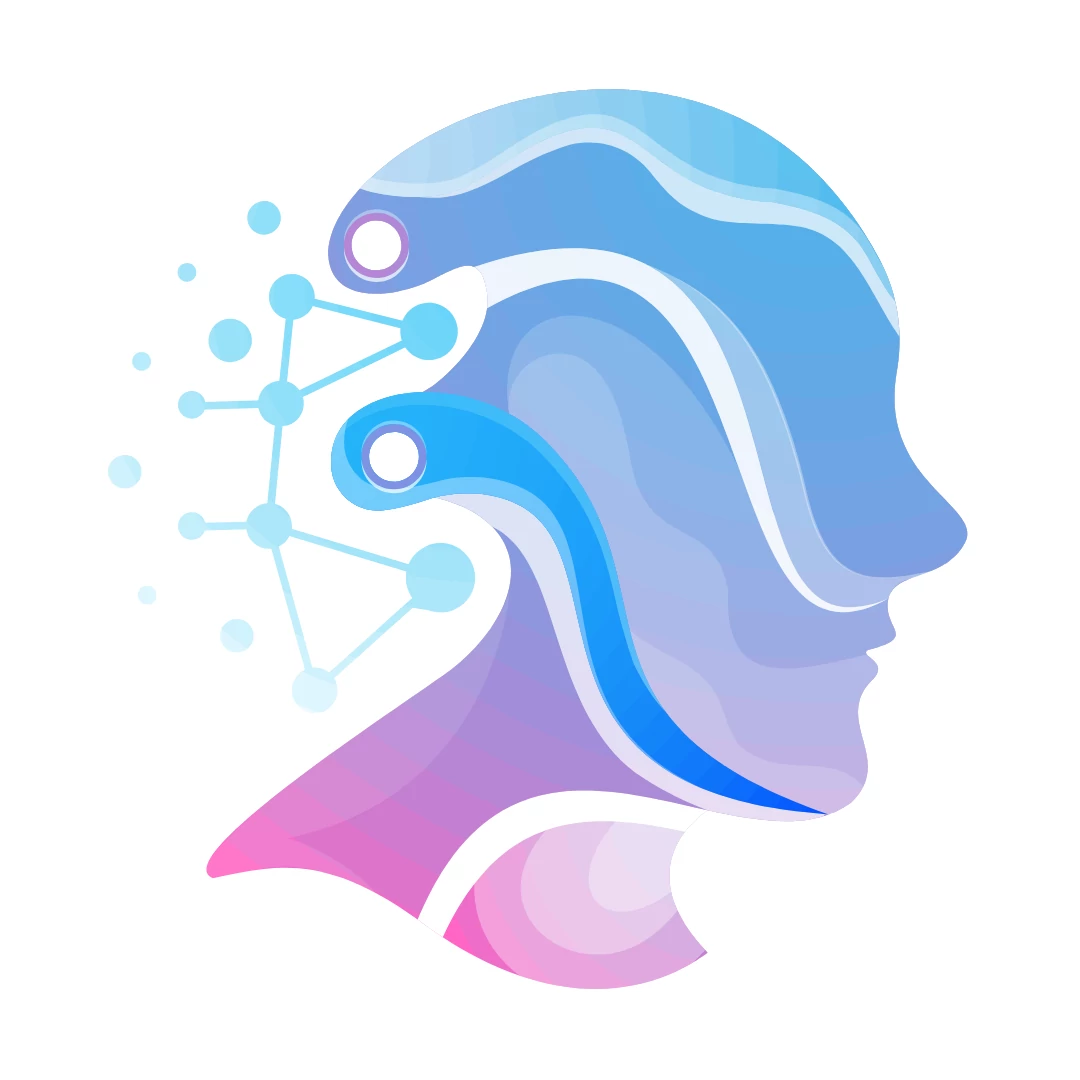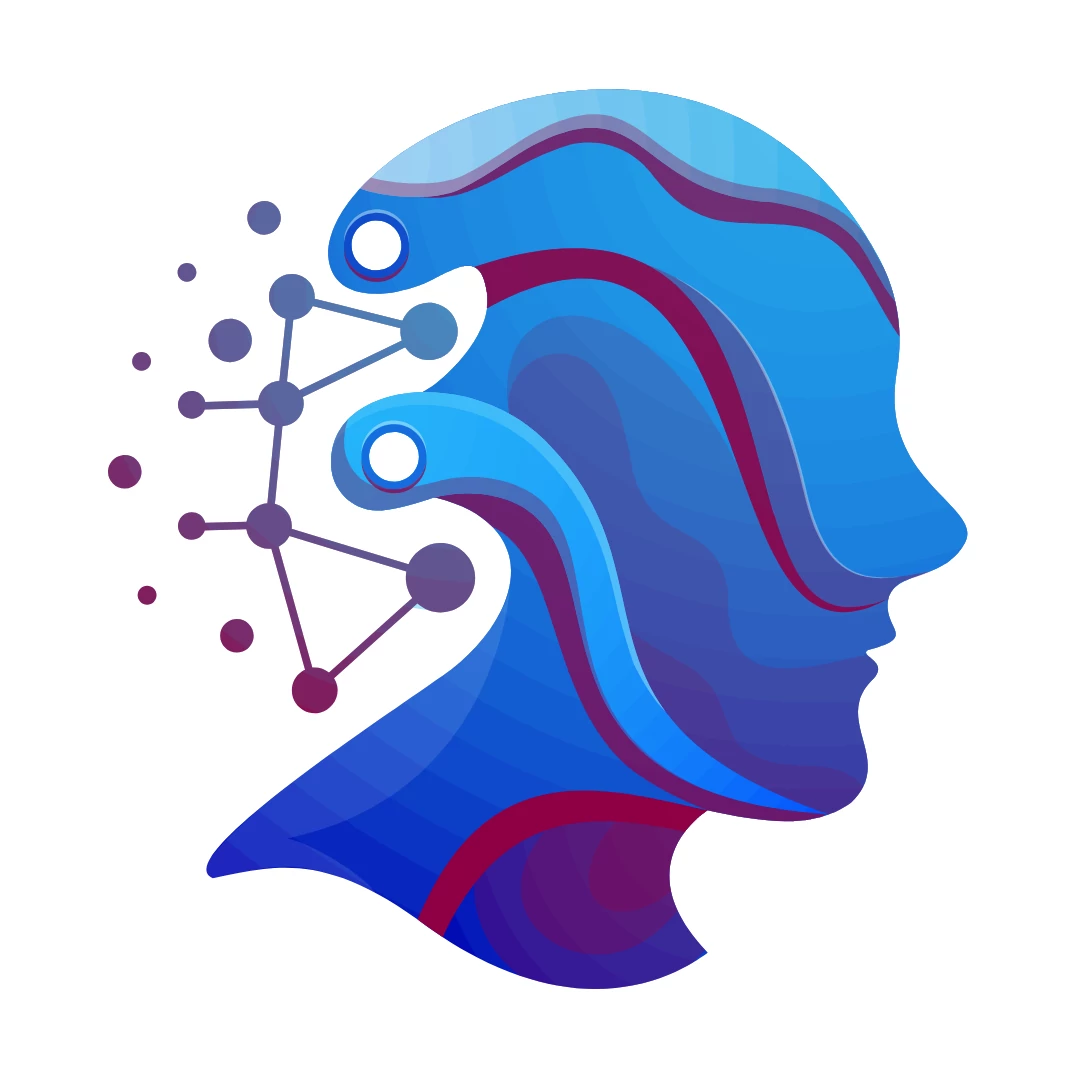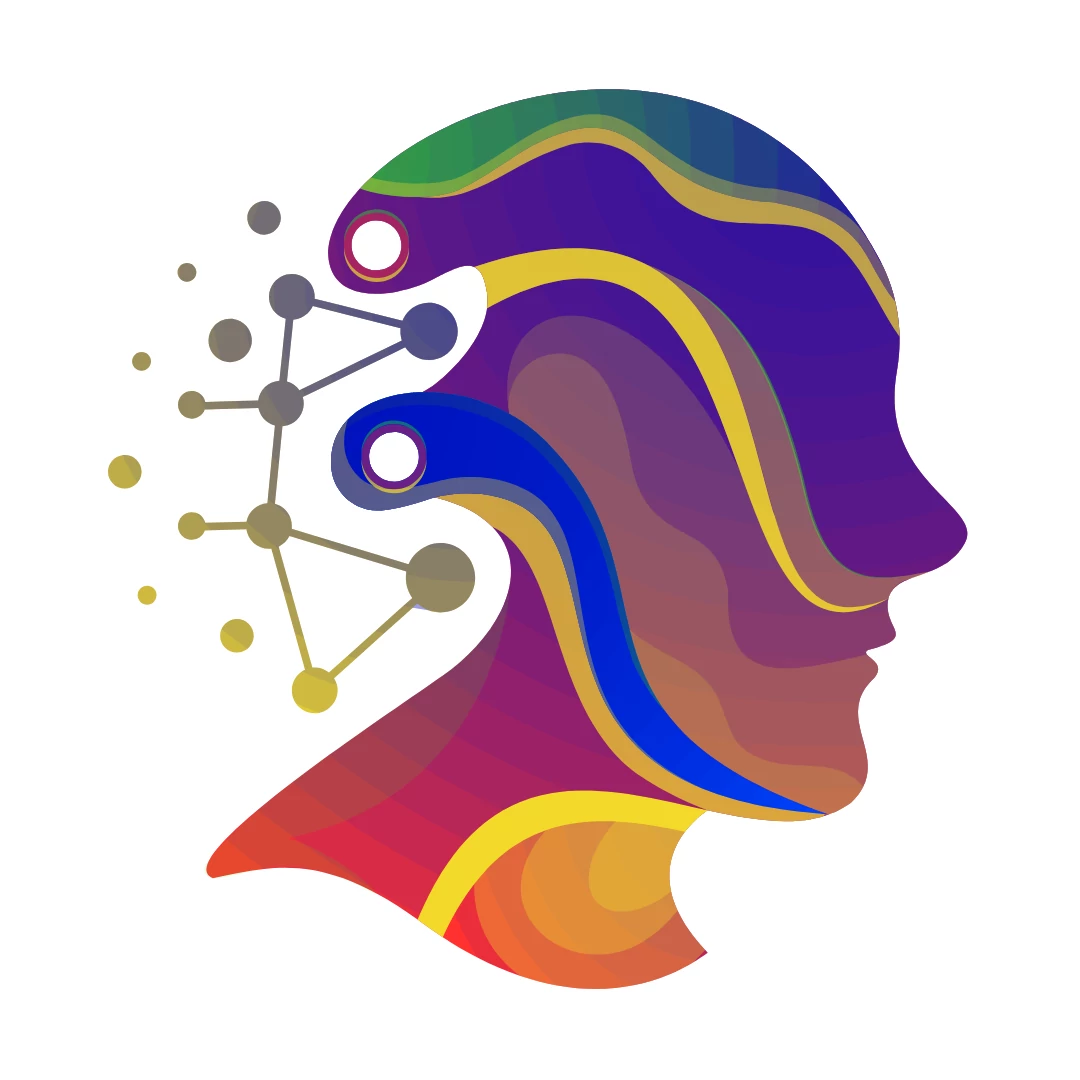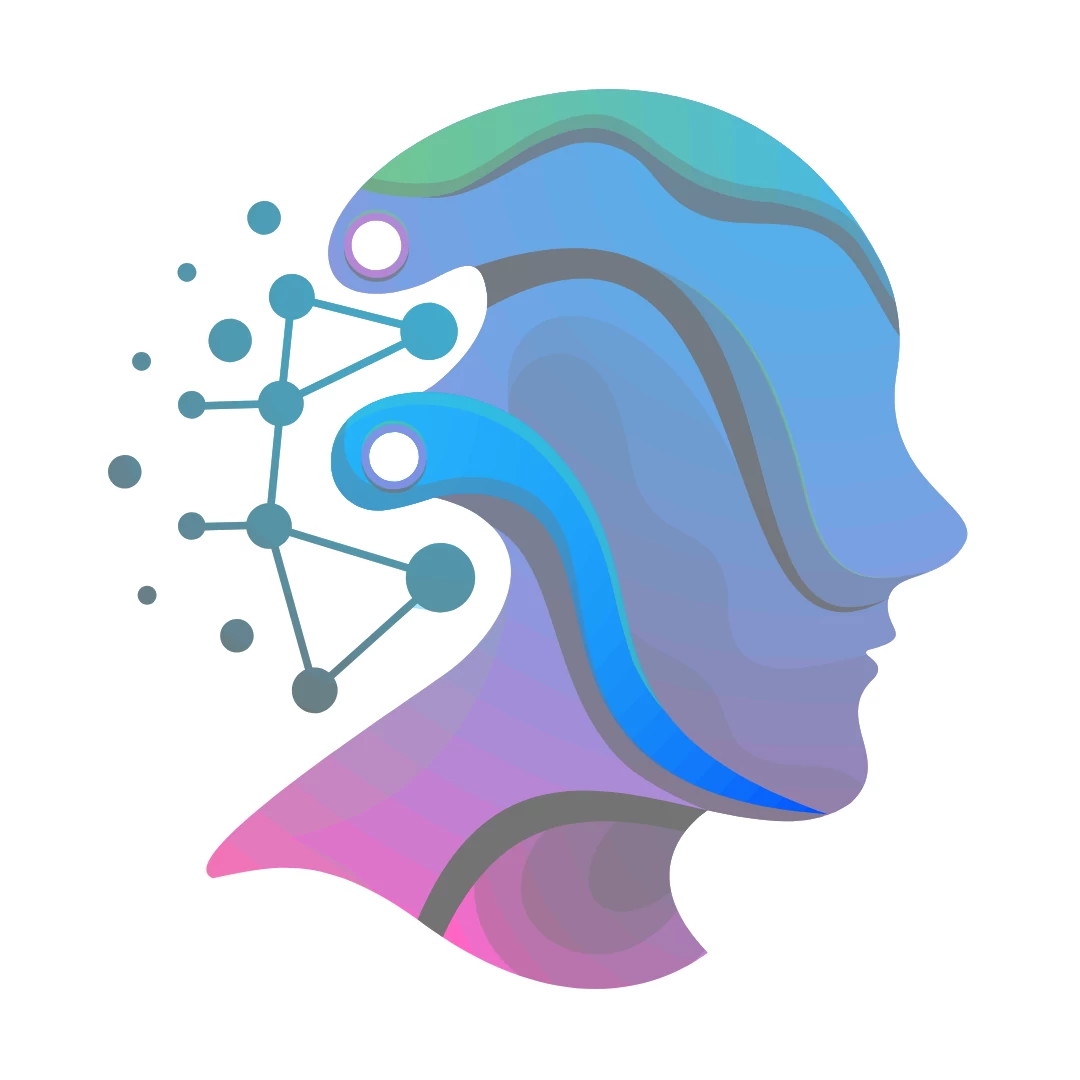Technology has always defined how people interact with information, each era marked by a clear “first.” At first, the desktop computer and early internet shaped how we worked, learned, and connected. Then came the smartphone revolution, where a mobile-first mindset introduced apps, touchscreens, and notifications that reshaped daily habits.
Now, we are entering a new stage: an AI-first world. Artificial intelligence is no longer limited to labs or futuristic predictions—it is built into everyday tools. From searching for knowledge to automating complex tasks, AI is steadily becoming the default layer of technology. Just as smartphones changed our relationship with the internet, AI is transforming our relationship with technology itself.
This shift is not simply about adding a new app. It is about rethinking technology altogether, where intelligence is dynamic, anticipates needs, and helps us achieve more than we could alone. Below are examples of what living in an AI-first world really means.
Search is Transforming
“Search is about extracting knowledge directly, without ever seeing the source.”
For decades, search engines were the main entry point to the internet. We typed keywords into Google, browsed result pages, and entire industries grew around SEO and traffic. But AI is replacing this process with direct, conversational answers. Tools like ChatGPT, Perplexity, and Grok let users ask questions and receive instant responses. Even Google now integrates AI summaries into results, reducing clicks to websites. Voice assistants also bypass screens altogether.
The result: people expect synthesized, context-aware responses instead of long lists of links. Searching is becoming invisible, embedded in natural interaction.
The Web is Evolving
“The web is becoming less about browsing and more about collaboration with intelligent systems.”
Traditionally, websites monetized attention through ads and subscriptions. But AI tools now deliver answers directly, reducing site traffic. This paradox is striking: AI was trained on web content, yet it now replaces the very traffic websites rely on. To survive, websites must adapt—not just for humans, but also for AI agents. Clarity, structured data, and machine-readable formats matter more than flashy design.
In ecommerce, stores must provide clean product data for AI shopping bots. In hospitality, hotels may embed their own AI assistants to answer traveler questions. The future web will serve people and intelligent systems alike.
Creativity Enhanced
“Creation is no longer about technical skill, but about vision and the ability to guide intelligent tools.”
Creative expression was once limited by training, tools, and cost. Today, generative AI allows anyone to produce music, art, video, and writing at professional levels. Projects that once required big budgets are now possible for independent creators. Industries like fashion, publishing, and media are already feeling the impact.
But there are consequences: demand for human-made work is shrinking, and constant creative possibilities can cause burnout. AI has redefined creativity—success now depends on vision, taste, and how well creators guide the tools.
Communication with AI
“The question is not whether this will happen, but how we adapt to a world where talking is optional.”
AI is transforming communication itself. Avatars attend video calls, voice clones narrate audiobooks, and AI assistants write professional emails. In some cases, conversations are now bot-to-bot, with no humans involved. This creates efficiency but also risks—scams, impersonations, and overwhelming volumes of automated communication.
The human role is shifting from speaking directly to setting strategy, verifying authenticity, and shaping narratives.
Digital Companionship
“AI companions can strengthen solid foundations, but fragile ones may weaken further.”
AI systems are no longer just tools—they are becoming companions. They provide motivation, comfort, and adaptive conversation. Yet these bonds are fragile: when AI personality shifts, users may feel genuine loss. For confident people, companionship enhances growth. For vulnerable users, it may deepen dependency. The balance between enrichment and detachment will shape how society accepts digital companionship.
Smarter Minds, Greater Gains
“AI tends to magnify what is already there.”
AI benefits those who know how to question, validate, and integrate it into their work. Skilled thinkers gain more, while others risk over-relying on outputs without understanding. With the right education, AI could close learning gaps, but today it often amplifies existing advantages.
Access and Inequality
“Those juggling multiple jobs or lacking internet access may struggle to keep pace.”
AI tools are often behind paywalls. People with time and resources can learn and benefit faster, while others risk falling behind. Over time, this creates a widening divide: those ahead accelerate, while others feel left behind. Bridging this gap will require affordable access, education, and policy support.
Businesses on Autopilot
“Companies ignoring AI may already be falling behind.”
AI is automating workflows across industries—from customer service to supply chains. Companies embracing it cut costs, personalize services, and innovate faster. Those that hesitate risk being left behind, as competitors gain advantages that compound over time.
Personalized Education
“Education finally adapts to the learner, not the other way around.”
AI tutoring adapts in real time, offering tailored examples, pacing, and styles. Students can practice endlessly, adults can reskill, and education becomes personal. But without equal access, the gap between AI-supported learners and others may only widen.
Better Healthcare
“AI can transform medicine, but it can also widen divides.”
AI already provides immediate health guidance and supports doctors with analysis, diagnosis, and administrative relief. It accelerates drug discovery and enables personalized treatments. But inequality looms: those with access to advanced AI-driven healthcare may live longer, healthier lives, while others risk being left behind.
Conclusion: Living in an AI-First World
“The question is not whether AI will reshape society, but how we choose to guide it.”
The AI-first world is here. Search, the web, creativity, communication, business, education, and health are all being reshaped. The opportunities are vast, but so are the challenges. AI can amplify strengths and unlock potential, but it can also deepen divides and overwhelm us. The future depends not only on technology itself, but on how wisely we choose to use it.



